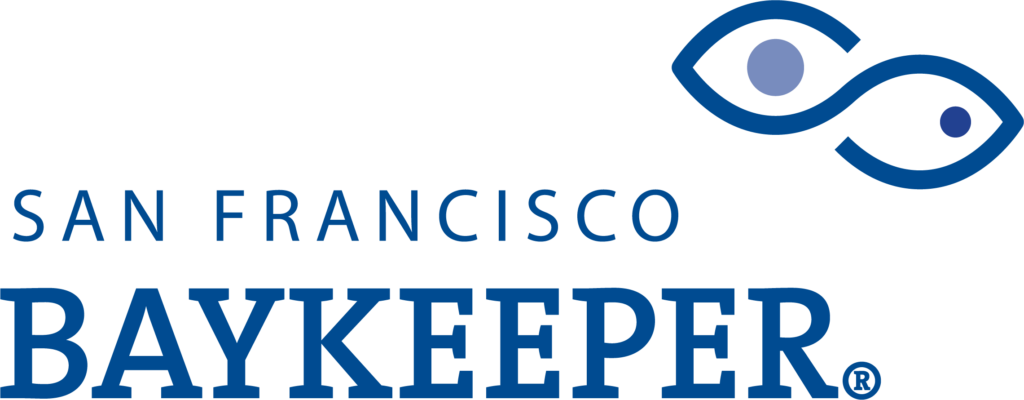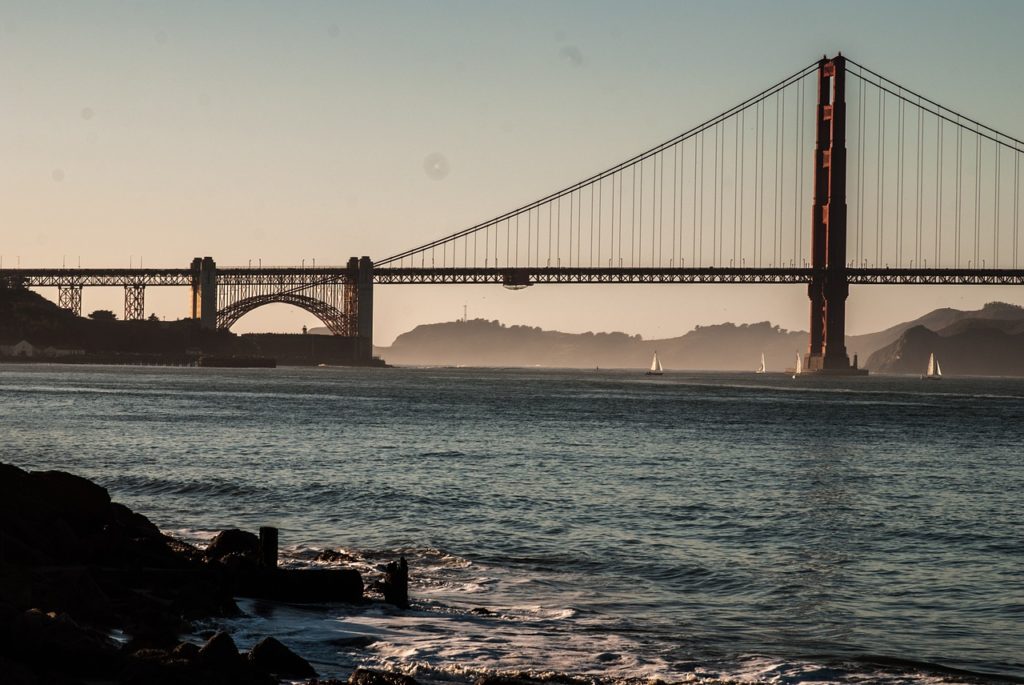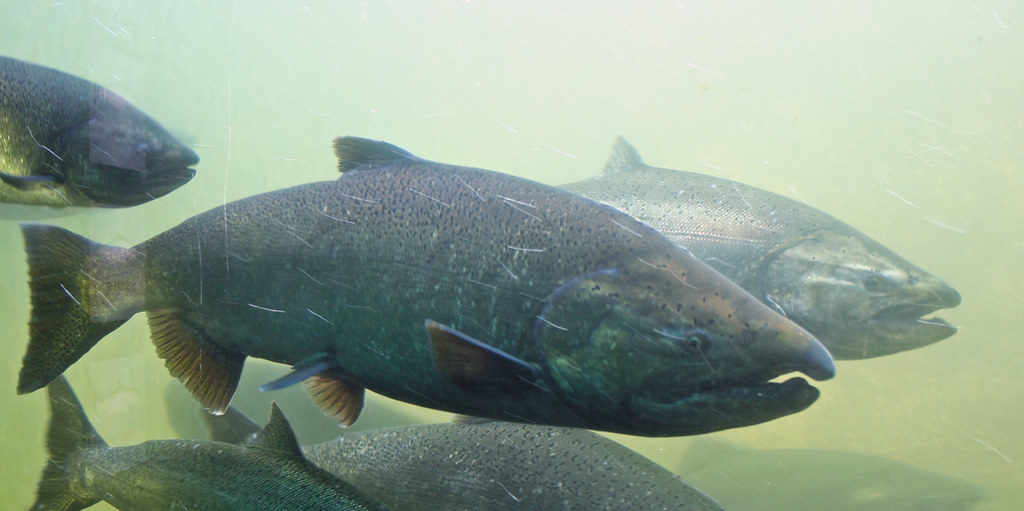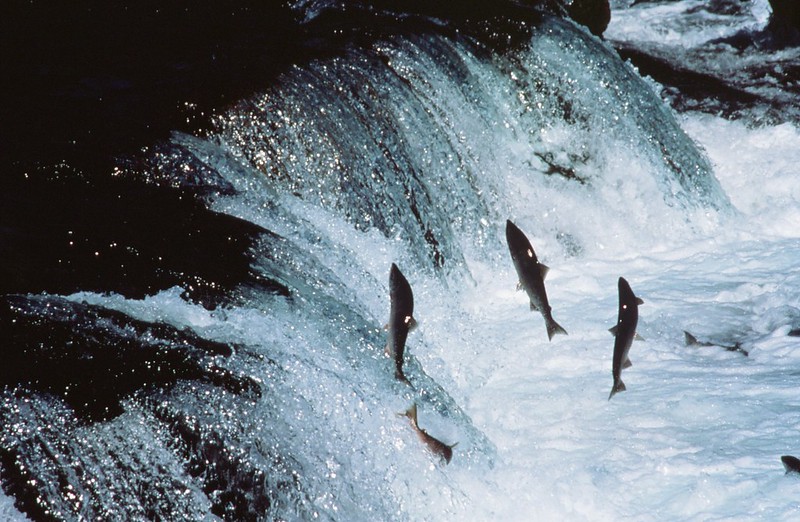
For the past three decades, Baykeeper has worked to prevent environmental threats to the San Francisco Bay and its tributaries. The nonprofit organization’s ongoing mission: to ensure that wildlife and their habitats are secure and that the residents of the Bay Area can enjoy the benefits of a thriving ecosystem, clean water, and outdoor recreation.
The Baykeeper team consists of a dozen staff members who have in-depth knowledge about law and the sciences. The organization’s board of directors and advisory board encompass individuals who possess a longstanding commitment to and understanding of the San Francisco Bay’s distinct ecology.
A network of organizations
Baykeeper is one of hundreds of Waterkeeper groups focused on the fight for clean, healthy water systems worldwide. In addition, it is one of the founders of the International Waterkeeper Alliance. The West Coast’s first-ever Waterkeeper, Baykeeper has successfully partnered with a dozen similar groups throughout the state.
Baykeeper’s leaders understands that, due to neglect on the part of agencies charged with enforcement, vital environmental regulations often go unenforced. This results in toxic spills, sewage leakage, and pollution runoff being discharged into local waters. The growing, unchecked rise of sea levels along coastlines and the presence of drought conditions induced by climate change are other factors that can pose a threat to water quality.
That’s why the organization dedicates a large portion of its work to research, public education campaigns, and public advocacy efforts designed to support the clean water laws that apply to the region.
In addition, whenever necessary, the organization undertakes litigation to hold government regulators and lawmakers accountable for maintaining clean, safe water under the provisions of the 1972 Clean Water Act and other laws and regulations.

Multiple sources of pollution
Baykeeper notes that stormwater from developed areas is the largest source of pollutants discharged into the San Francisco Bay. During a rainstorm, harmful substances such as garbage, pesticide and fertilizer residue, oil, and common home chemicals all flow into local waterways, then into the bay. Some leach directly into the bay.
These unfiltered and often-overlooked sources of pollution are also a major cause of water pollution throughout the state, according to officials at the Port of San Francisco.
A number of substances, known for generations to cause a variety of diseases in animals and humans, are commonly found in the waters of the bay and in surrounding waterways. These include mercury, copper, and nickel, as well as chemicals such as DDT and those derived from pharmaceuticals.
The port’s website echoes Baykeeper in describing the range of urban water pollutants commonly discharged into the bay, and it also notes the prevalence of additional harmful substances in its waters: sedimentary deposits leaked from construction sites, wash water from vehicle cleaning, and bilge from boats owned by businesses and private individuals.
Baykeeper also specifically calls out sewage—which contains bacteria, viruses, and other toxins—as another major and particularly hazardous pollutant in the bay.
Enlisting citizens’ help
Over the past three decades, Baykeeper has maintained a pollution-reporting hotline, and it has responded to hundreds of calls from local communities. It has been instrumental in preventing the dumping of millions of gallons of untreated sewage into the region’s waters.
And it has forced responsible parties to undertake needed clean-up of businesses and other entities responsible for discharging pollutants. It has won notable legal victories that provide greater oversight and control of pesticides and other pollutants that include watercraft discharge and invasive species.
Baykeeper is unique in another way, as well. It is the only nonprofit organization of its kind with its own patrol boat. Its dedicated team of 12 volunteer skippers regularly roams the Bay Area waterways to monitor the health of the bay and surrounding waters, as well as to investigate sources of pollution and other detrimental situations.
Baykeeper’s regular weekly boat patrols of the bay are among the key components responsible for its successes. This craft is the only source of regular, proactive, pollutant-investigation patrolling currently in operation by any local government agency, or nonprofit group in the area.
The 24-foot Baykeeper patrol boat serves as a follow-up mechanism for responding to citizens’ reports of pollution, and it looks for additional indications of illegal pollutants as it travels the bay.

Successful voyages
One recently documented incident illustrates the patrol boat’s many successful voyages:
The boat’s crew members were on patrol in the San Francisco Bay one day when they noticed significant deposits of petroleum coke against the shoreline near the city of Richmond, an industrial area just north of Berkeley in the East Bay.
A looming pile of coke had almost breached a low wall that seemed scarcely able to contain it before it plowed its way into the bay. Just as frightening, a large conveyor belt apparatus was transporting the piled-up coke deposits into a ship anchored nearby, and dust from the coke was pouring from the hull. And black particulate matter was oozing into the water through the open slats of the dock.
The Baykeeper team understood the gravity of the situation right away. They knew that coke from petroleum is a highly toxic substance.
Petroleum coke, which is extensively sold as a fuel source for the developing world, emits heavy metals and other hazardous compounds. When industry allows these substances to leach into local waters, they can prove toxic to animals and fish.
Baykeeper researched the plant responsible for the coke deposits. The group discovered that the company’s bulk shipping station in Richmond works extensively with coal and other hazardous substances. The Baykeeper team then gathered rainwater runoff samples from the site and had them lab-tested.
The screening showed that the rainwater samples were filled with concentrations of toxic metals that were many times higher than in-force limits set by the Environmental Protection Agency.
These findings led Baykeeper to engage with the responsible polluter, and it eventually filed a lawsuit based on violations of federal regulations. The resulting binding agreement stipulated that the polluter would be required to allocate more than $1 million to support a wide range of pollution control effort in order to safeguard the bay.
Keeping the bay clean
Due to Baykeeper’s efforts, a follow-up check on the quality of runoff rainwater at the site showed a notable reduction in toxic metals and other harmful substances.
While there remains work to be done on this particular source of pollution, the incident demonstrates how the efforts of a dedicated team have helped to keep the San Francisco Bay clean.

